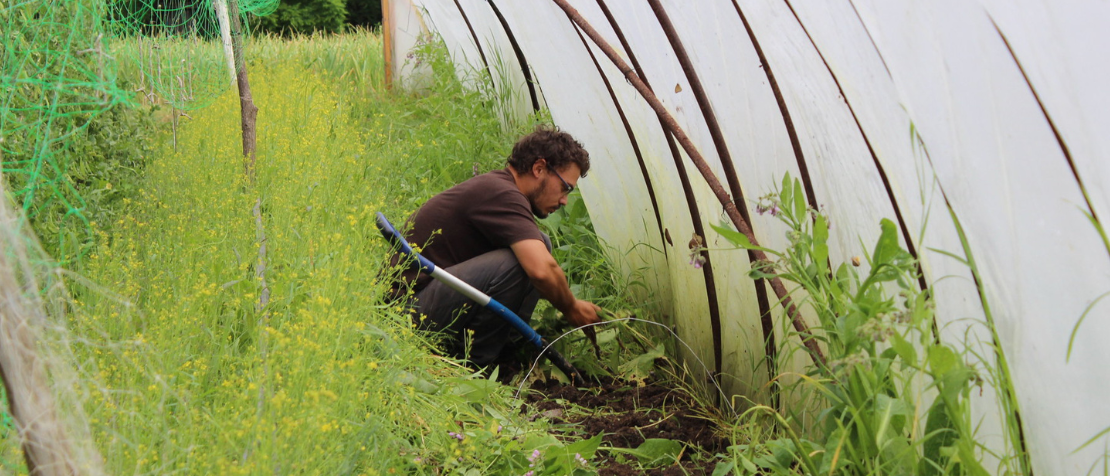Transforming agriculture to combat climate change

©©FAO/Matyas Temesfoi
Climate change threatens food security and our ability to achieve sustainable development. Agriculture both suffers from climate change but also contributes to it as a significant amount of greenhouse gas emissions come from the agrifood sector.
The Food and Agriculture Organization of the United Nations (FAO) works to support countries to move to sustainable agriculture, adapt to climate change and to mitigate climate change by reducing or preventing greenhouse gas emissions. As part of this effort, FAO organized a two-day workshop on advancing climate action in agriculture in Europe and Central Asia, from 27 to 28 September 2023 in Istanbul, Türkiye. Through interactive sessions and discussions, participants shared experiences and knowledge, gaining new insights into climate action for the transformation of agrifood systems in Europe and Central Asia to be more sustainable, inclusive, and resilient.
Participants of the meeting came from more than 14 European and Central Asia countries. Those in attendance were national United Nations Framework Convention on Climate Change (UNFCCC) focal points and officials from relevant national agencies involved in climate negotiations, mitigation policies and adaptation actions. Guest speakers included technical specialists and experts of FAO, UNFCCC, the United Nations Office for Disaster Risk Reduction (UNDRR), NDC Partnership (Nationally Determined Contributions), United Nations Environment Programme (UNEP), the Climate Change Committee (CCC), Partnership on Transparency in the Paris Agreement, and the EU Commission.
“While climate change is a global issue, the expected impacts are different between and within countries and regions,” said Raimund Jehle, FAO Regional Programme Leader. “FAO is therefore working on a regional action plan to respond to country priorities and needs in this region and to guide our engagement on climate change in the next years.”
The event heard panel discussions and presentations on a wide variety of topics related to climate change. These sessions covered the Enhanced Transparency Framework (ETF), preparation of the first Biennial Transparency Report (BTR), the Sharm El Sheikh Joint Work on Implementation of Climate Action on Agriculture and Food Security of the forthcoming negotiations expected at COP28, accessing Climate Finance, and the FAO damage and loss assessment methodology. The need for generating science-based data for measuring the impact of livestock on ecosystems and climate change and gender mainstreaming in climate action were discussed. The meeting addressed several aspects of Nationally Determined Contributions (NDCs): the NDC Partnership engagement in Europe and Central Asia, lessons learned on the ETF and NDC revision, and NDC—Long-term Strategy alignment.
The workshop facilitated meaningful discussions, knowledge exchange, and capacity building of participants, and provided a networking forum. After the success of this first meeting, FAO anticipates that a workshop on advancing climate change action in the region will be an annual event.
